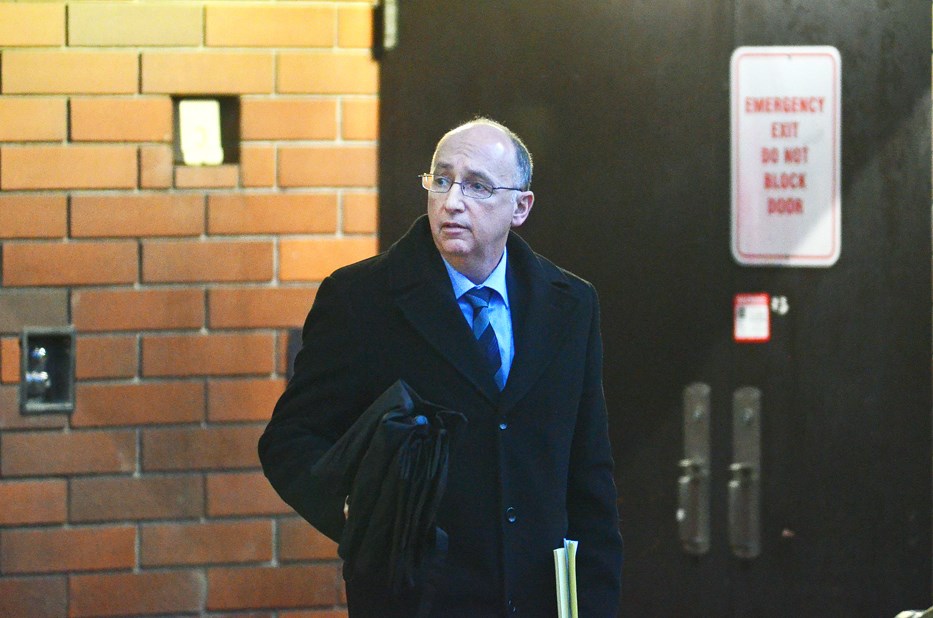Brian Bonney would have been better off getting fired for saying “no” to higher ups directing him in the B.C. Liberals’ so-called “quick-wins” plan than to end up where he did, according to a provincial court judge who handed him a nine-month conditional sentence Wednesday.
Bonney, a former government communications director and a former director of the B.C. Liberal Party, pleaded guilty in October to breach of trust for using government resources for partisan purposes in relation to the Liberals’ multicultural strategic outreach plan to target key ethnic groups in swing ridings ahead of the 2013 provincial election.
Between Oct. 16, 2011 and Dec. 31, 2012 – while he was the communications director for the multiculturalism branch under Minister of State for Multiculturalism Harry Bloy, MLA for Burnaby-Lougheed, and later under Minister Responsible for Multiculturalism John Yap – Bonney spent time at his government job directing Liberal outreach workers to woo key ethnic groups in swing ridings in an effort to tip the scales in favour of the Liberals during the election.
During that work, he also shared confidential government information with people not authorized to receive it.
At sentencing, defence lawyer Ian Donaldson urged judge David St. Pierre to consider the context of Bonney’s actions, arguing Bonney was “the instrument of others.”
Donaldson said Bonney got direction from a number of “bosses,” including staff in the premier’s office, two cabinet ministers and people in the Liberal party caucus, and they failed tomake clear to him the line between government, caucus and Liberal party work that were appropriate for him to engage in.
St. Pierre, however, said public servants have a responsibility to carry out their work impartially, regardless of direction from ministers and political staff.
“The message in this case that needs to be passed on to other public servants in similar situations is that there might well be unfair and undeserved employment consequences for saying ‘No, minister’ but those consequences, I hope you agree, pale in comparison to what you’re having to go through,” he said to Bonney.
St. Pierre acknowledged Bonney was not the architect of the quick-wins plan but said he chose to employ unethical and illegal means to carry it out. That Bonney knew some of his activities were “offside” and that he tried to keep them secret is clear from emails he wrote, according to St. Pierre.
In one email to a multicultural outreach worker, Bonney described the work as a “very tricky game.”
“Much has been said in this case regarding the blurred lines between duties and activities of government office employed staff,” St. Pierre said. “This is not a case of confusion in my mind in where those lines should be drawn in this particular case.”
It was clear from the evidence Bonney’s motivation for using government resources for partisan purposes was not to gain a personal or financial benefit, according to St. Pierre, but “the clandestine, partial and dishonest means” he used in attempting to give the Liberal party an advantage were a form of political corruption nonetheless, he said.
“Those cynics that disbelieve that government actually works for the benefit of the people and not themselves are richly rewarded when this type of story emerges,” St. Pierre said. “Their ranks increase. That alone is a serious problem for society. All citizens have the right to trust that our public servants work for all of them and not just for those who check off the right box on the ballot.”
Under the conditions of his nine-month sentence, Bonney will be subject to a curfew and have to complete 60 hours of community work service.
Special Crown prosecutor David Butcher had called for a 12- to 23-month conditional sentence, while the defence argued for a suspended sentence and probation.



